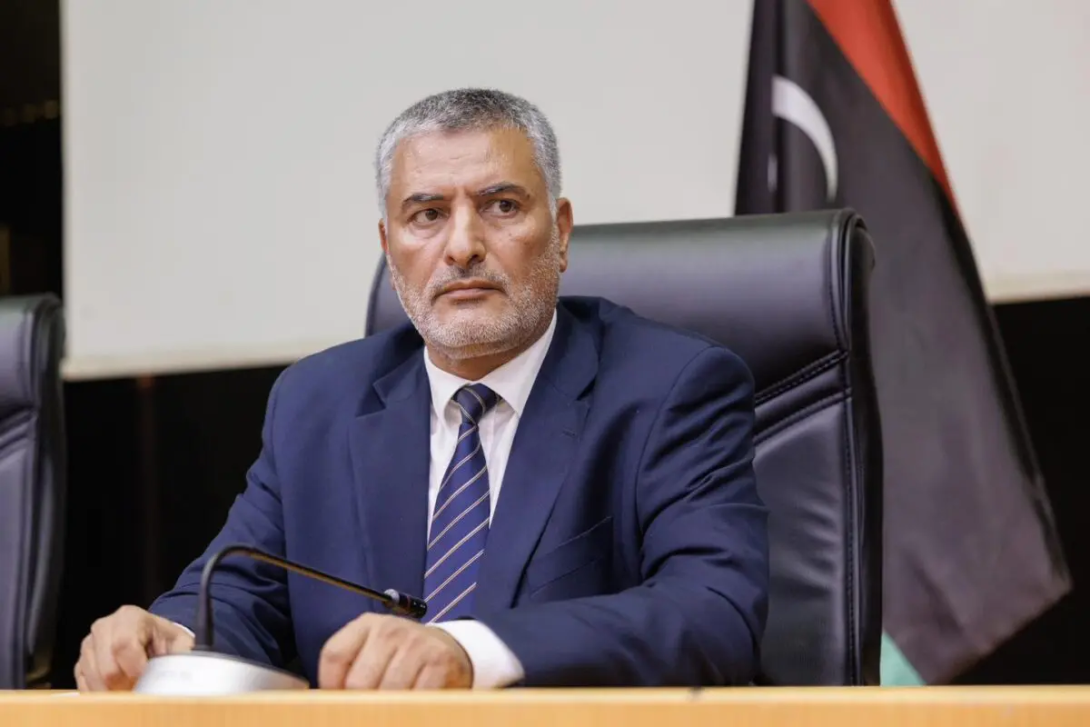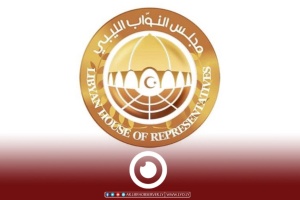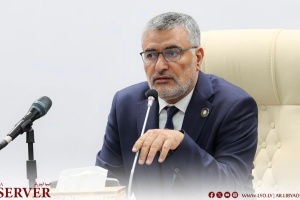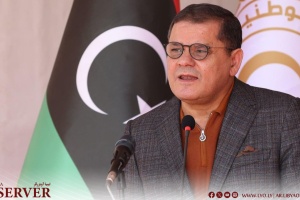The Head of the High Council of State (HCS), Mohammed Takala, said that the parallel government does not have international support, and the House of Representatives effectively ended its existence when it dismissed its former PM, Fathi Bashagha, and brought in another PM in his place.
"Therefore, it is the same as nonexistence, and it is merely a group created to put pressure on the legitimate government in Tripoli". He said, adding in a statement to Independent Arabia, that the solution could be in agreeing on new electoral laws and then going to a unified government.
"Libyans now have before them a draft constitution on which they can go to a referendum in the current political situation, and thus this constitution becomes binding on all sides. We can then establish a unified government that will supervise elections." Takala added.
Takala said that the electoral laws issued by the House of Representatives were flawed and non-consensual, adding that as long as they are not approved, they are considered invalid.
"If they are issued by the HoR and not approved by the HCS, any Libyan citizen harmed by them can appeal them and the appeal will win, which will return the crisis to square one. Therefore, the path must be shortened and the matter must be corrected by forming a joint committee between the HoR and the HCS to correct these laws". He explained.
Regarding the candidacy of dual nationals and military officers, Takala said "we did not ask for the impossible, but rather what is applied in most countries in the world, and we do not need laws that contradict what the countries know. Our position is clear and frank, and we reject dual nationality and the candidacy of military personnel because of our desire to live a true democracy far from dictatorship and military control, and this requires reconsidering the laws.”
Takala said that the UN Support Mission in Libya is limited to the role of mediator, and does not interfere in local affairs by rejecting or accepting, but only manages and supervises the dialogue to reach consensus which must be reached on the electoral laws and then Libyans can go to an inclusive national conference with the aim of unifying the executive authority and issuing a charter to accept the election results.








